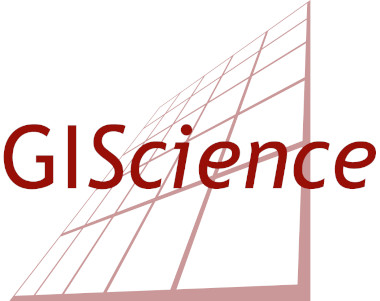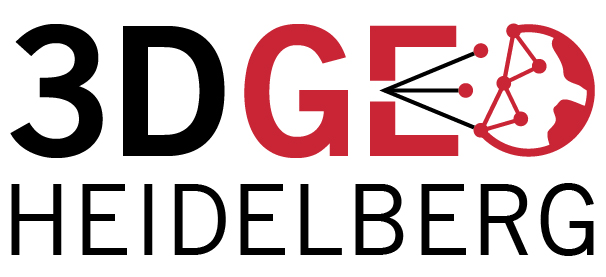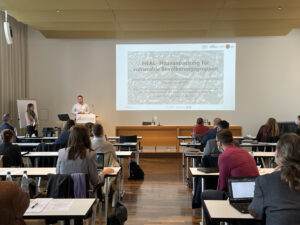The project HEAL (HeiGIT, GIScience, TdLab Geographie) is funded by the Baden-Württemberg Stiftung as part of the research program “Innovation for adaptation to climate change“. HEAL aims at an extension of the openrouteservice to allow the generation of heat avoiding routes, using Heidelberg as a test case. The project aims specifically at vulnerable groups such as elderly or families with small kids and involves the city administration, the Digitalagentur and stakeholders such as the “Akademie für Ältere”. In addition to the shadow routing developed as part of the meinGrün project we aim at the integration of weather forecasts and heat related sensor data.
Last week the HEAL team participated in the Kick-off workshop organized by the Baden-Württemberg Stiftung and took the opportunity to connect with the other seven projects funded as part of the research program. Adaptation to heat stress – that is predicted to increase as a consequence of climate change – is one focus of the research program. Heat minimizing routing and detection of parts of the city that suffer from missing opportunities for heat stress avoiding routes, as part of HEAL might be in the long run linked to projects that study options for street level cooling or seek to assist vulnerable persons to avoid heat stress indoors.
Further information
- HEAL press release
- Openrouteservice serves the general public since 2008.




